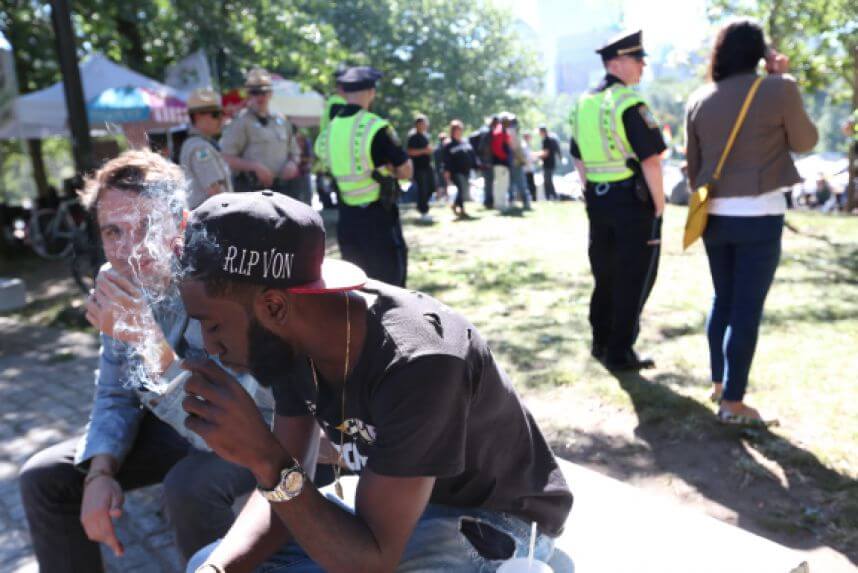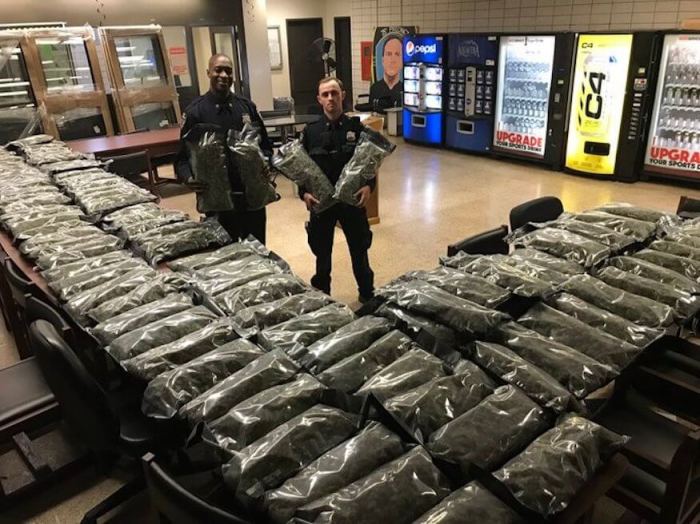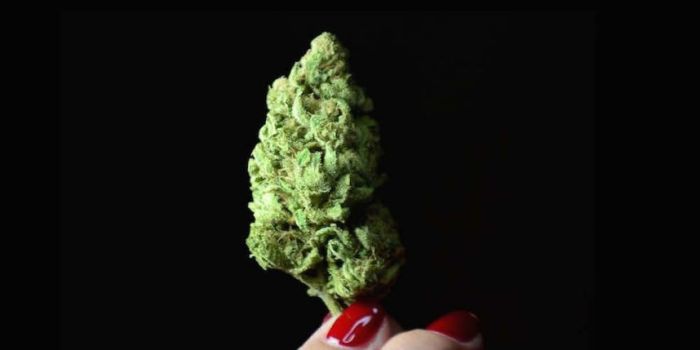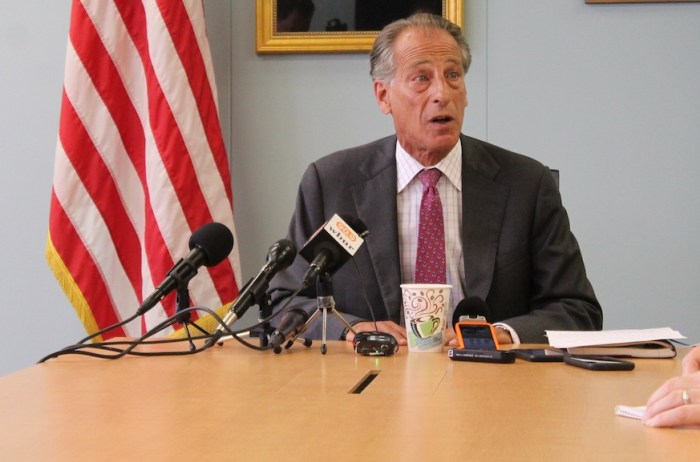Two pro-pot groups with very different ideas about marijuana filed ballot initiatives Wednesday that could put the question (or questions) before voters in 2016: Legalize it?
Both organizations submitted the paperwork for the effort at the Attorney General’s Office Wednesday.
On one hand, the Campaign to Regulate Marijuana Like Alcohol seeks legalization, with new regulations and taxes. On the other, Bay State Repeal seeks full legalization with few restrictions and no new taxes. The Campaign, which is supported by the national Marijuana Policy Project, aims to do as its name suggests – apply laws that look just like the ones in Massachusetts for booze and open up a new market for people over 21 to smoke or otherwise ingest the drug just for fun. “We’re offering voters the opportunity to end marijuana prohibition in Massachusetts and replace it with a system to regulate businesses that will create jobs and create revenues,” Will Luzier, campaign director for the group told Metro. “Marijuana is less dangerous than alcohol and it should be regulated like it.” The group’s ideas include making it legal to grow a limited number of plants at home – “similar to home-brewing,” according to the release – and tacking on a 3.75 percent excise tax to marijuana products, with the added provision that towns decide to add additional tax, up to 2 percent. Bay State Repeal seeks to make it legal to buy, possess and grow as much marijuana as a legal adult over 21 wants to, while limiting the government’s regulatory role outside a provision that would punish people who give the drug to kids. In an interview with Metro, Steven Epstein, the group’s press secretary, lashed out at the Campaign and its proposal, arguing it would give an unfair advantage to existing medical marijuana dispensaries and make it too challenging and expensive for individuals to start their own retail stores and limit residents’ ability to grow pot at home. “It’s communism. It’s Stalinist,” Epstein said. “We’re focused on liberty and individual responsibility. That’s how you deal with it. You don’t need strict regulation.”
Repeal filed three different ballot initiatives Wednesday, and Epstein said leadership would pick one after the attorney general reviews them.
If Attorney General Maura Healey determines the initiatives pass legal muster, both groups would still need to collect tens of thousands of signatures and follow a bureaucratic process before they could put their questions to voters. Four states now allow users to buy marijuana for recreational use: Colorado, Oregon, Washington and Alaska.
Massachusetts legalized medical marijuana in 2012.
In 2008, voters approved a ballot question that decriminalized possession of less than one ounce of the drug.
Legal pot ballot questions filed in Massachusetts

Bess Adler


















